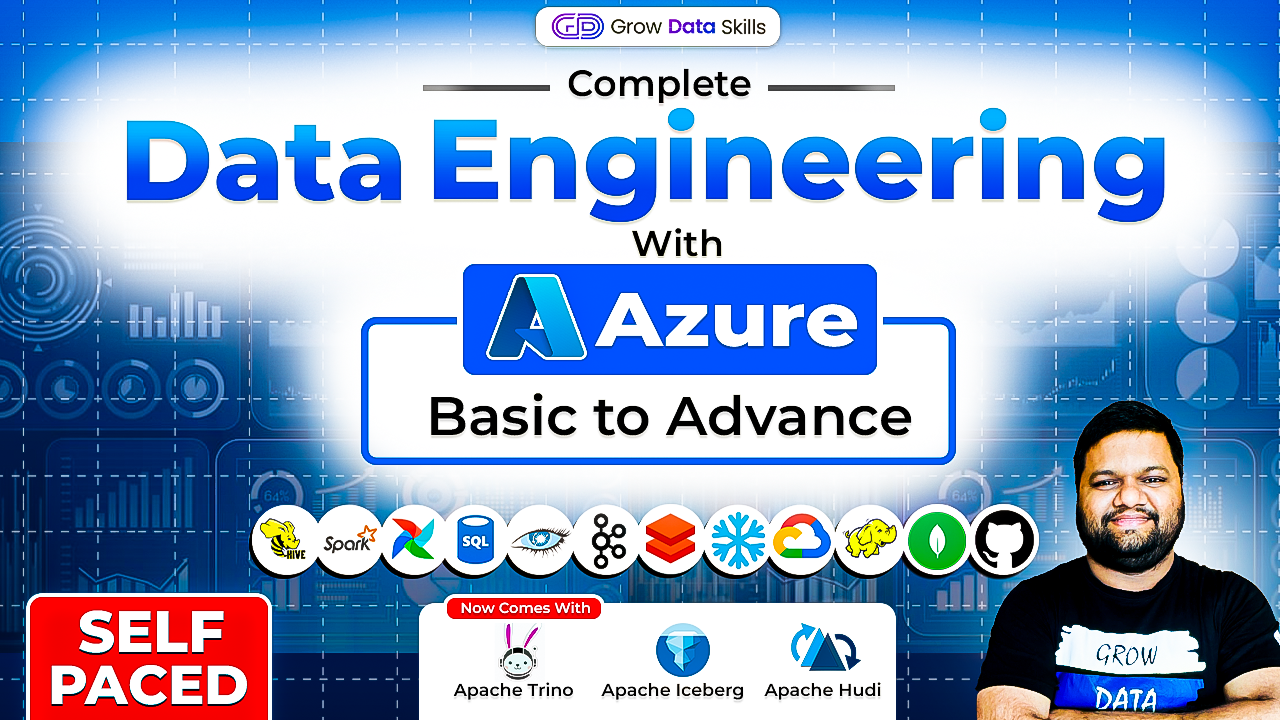In today’s fast-paced, data-driven environment, the ability to deliver software/data pipelines quickly and efficiently, while also managing and analyzing vast amounts of data, has become crucial for businesses to remain competitive. This is where DevOps and DataOps come into play.
What is DevOps?
DevOps is a set of practices that integrates development (Dev) and operations (Ops) with the goal of shortening the development lifecycle and delivering high-quality software continuously. It emphasizes collaboration, automation, and monitoring across all stages of software development.
Key Principles of DevOps:
1. Collaboration and Communication: DevOps fosters a culture where developers and operations teams work together seamlessly, breaking down traditional silos.
2. Automation: From continuous integration/continuous deployment (CI/CD) pipelines to infrastructure as code (IaC), automation is at the core of DevOps.
3. Continuous Improvement: Regular feedback and iterative development are key to refining processes and improving software quality.
4. Scalability: DevOps practices are designed to scale with the organization’s needs, ensuring reliable and efficient operations as systems grow.
Real-World Examples of DevOps:
1. Netflix: Netflix is a prime example of a company that has fully embraced DevOps. With over 200 million subscribers worldwide, Netflix relies on a sophisticated CI/CD pipeline to deploy hundreds of updates every day.
2. Amazon Web Services (AWS): AWS uses DevOps to manage its vast cloud infrastructure, allowing for rapid deployment of services and features.
What is DataOps?
DataOps is a relatively new discipline that applies DevOps principles to data management. It focuses on improving the speed, quality, and reliability of data analytics by automating data pipelines, enhancing collaboration between data teams, and ensuring that data is always ready for analysis.
Key Principles of DataOps:
1. Agility: DataOps promotes an agile approach to data management, enabling organizations to adapt quickly to changing business needs and data sources.
2. Automation: Automation of data pipelines, data quality checks, and other processes ensures that data is processed efficiently and accurately.
3. Collaboration: DataOps encourages close collaboration between data engineers, data scientists, and business users, ensuring that data-driven decisions align with business goals.
4. Data Quality and Governance: Ensuring data accuracy, consistency, and compliance with regulations is a cornerstone of DataOps.
Real-World Examples of DataOps:
1. Spotify: Spotify uses DataOps to manage its vast amounts of user data, which it analyzes to provide personalized music recommendations. By automating data pipelines and ensuring data quality, Spotify can process and analyze data in real-time
2. Airbnb: Airbnb leverages DataOps to streamline its data processing and analytics workflows. With millions of listings worldwide, Airbnb uses DataOps to ensure that its data is accurate and up-to-date
Why DevOps & DataOps Are Crucial in Today’s World
1. Speed and Agility:
In today’s competitive landscape, the ability to deliver software and insights quickly can be a significant advantage. DevOps/DataOps enables organizations to deploy software updates and new features rapidly, responding to market demands and customer feedback in real time.
2. Improved Collaboration:
Historically, development, operations, and data teams operated in silos, leading to inefficiencies and misaligned goals. DevOps and DataOps break down these barriers by promoting collaboration and shared responsibility.
3. Scalability:
As businesses grow, so do their software and data requirements. DevOps and DataOps practices are designed to scale with organizational needs, ensuring that processes remain efficient and reliable as workloads increase.
4. Continuous Improvement and Innovation:
Both DevOps and DataOps encourage continuous improvement through regular feedback and iterative development.
Conclusion:
In today’s fast-paced and competitive world, DevOps and DataOps are not just optional—they are essential. By enabling organizations to deliver software and data insights faster, more reliably, and at scale, these practices are transforming the way businesses operate. Whether you’re looking to improve collaboration, enhance reliability, or drive innovation, adopting DevOps and DataOps can help you achieve your goals and stay ahead of the competition.





Blog liked successfully
Post Your Comment